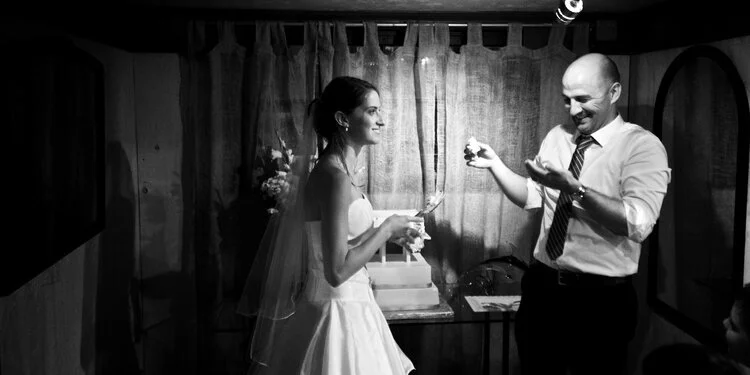The Getaway: A Wedding Memory
The getaway vehicle was going to be a Bentley, but we moved out wedding date over a few days and so he asked would a white Rolls Royce be alright with me? Yes, I assured him, a Rolls Royce would be fine.
Let Them Eat Cake: A Wedding Memory
I don’t know what happened to damage Amazing Mike’s sense of consistency—let’s sell incredible cakes from the ugliest storefront imaginable! Let’s have pretty cakes taste like cardboard and plain one’s taste like ecstasy!—but I’m glad it did.

